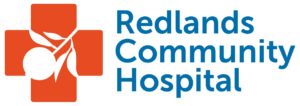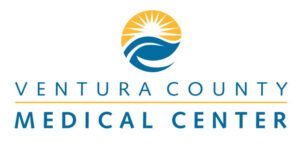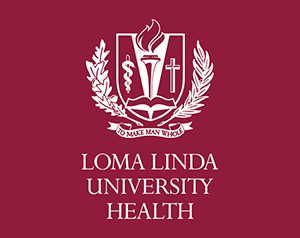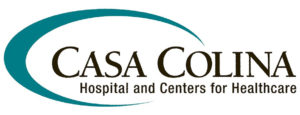My Specialty
PACU, Raquel Gutierrez, Casa Colina Hospital and Centers for Healthcare
Caring for post-surgical patients at their most vulnerable
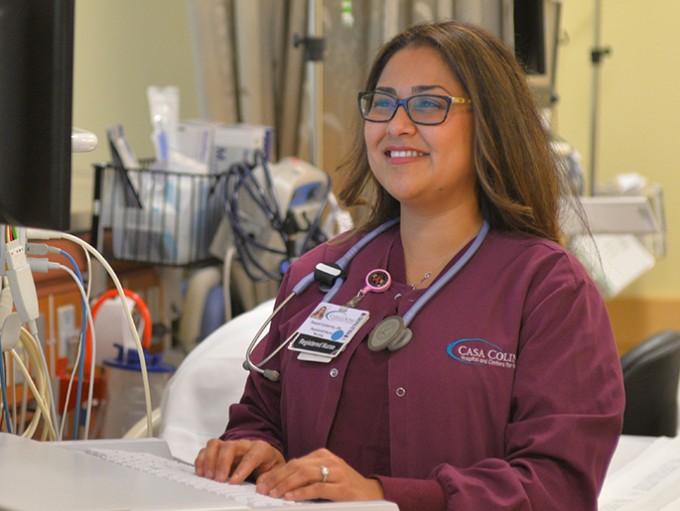
Raquel Gutierrez, RN
Post Anesthesia Care Unit
Casa Colina Hospital and Centers for Healthcare, Pomona
Please tell us about the arc of your nursing career.
I graduated from nursing school in the fall of 2012. My first job as a new grad was here at Casa Colina Hospital and Centers for Healthcare, on the acute rehabilitation wing. From there, I transferred to the medical-surgical wing.
I was new and eager to learn, so transferring helped build my nursing foundation and give me the experience and confidence I needed before moving forward to critical care. After two years, I transferred to the post-anesthesia care unit (PACU) and knew right away that this was where I wanted to stay.
What in your early life prepared you for being a nurse? What kind of work did you do before entering nursing school?
Prior to nursing school, I worked as a medical assistant in a multi-specialty physician office. I primarily worked alongside an internal medicine physician/pulmonologist. I enjoyed helping people and knew that being a nurse would give me the opportunity to serve patients and their families.
I entered the nursing program in the spring of 2010, attending school part-time while working fulltime. It was the most important sacrifice I ever made! I now get to take care of patients and their families for a living and have enjoyed every step of my career.
How did you become interested in working in PACU?
Caring for patients in their most vulnerable states was a major interest for me. During nursing school, I initially wanted to work in labor & delivery, but after clinical rotations, my focus quickly shifted to recovery and ICU. Those units require more one-to-one patient contact where critical thinking is crucial for each and every patient interaction.
What skills or experience did you have that made you a candidate for a PACU position?
Prior to PACU, I worked on the medical-surgical wing, as I mentioned. Our team of nurses on that floor was highly experienced and took the time to explain or answer any questions or concerns I had involving patient care. Critical care nurses would also float to that floor and give many in-services on disease processes, treatments, causes, new equipment, etc. After two years, I felt I was ready to move forward and dive into PACU.
So, you never worked in critical care before coming to the PACU?
I did not work in any critical care unit prior to PACU, but I had acute care experience and fast learning skills. After reading many critical care books, articles and journals, I decided to try for the position.




